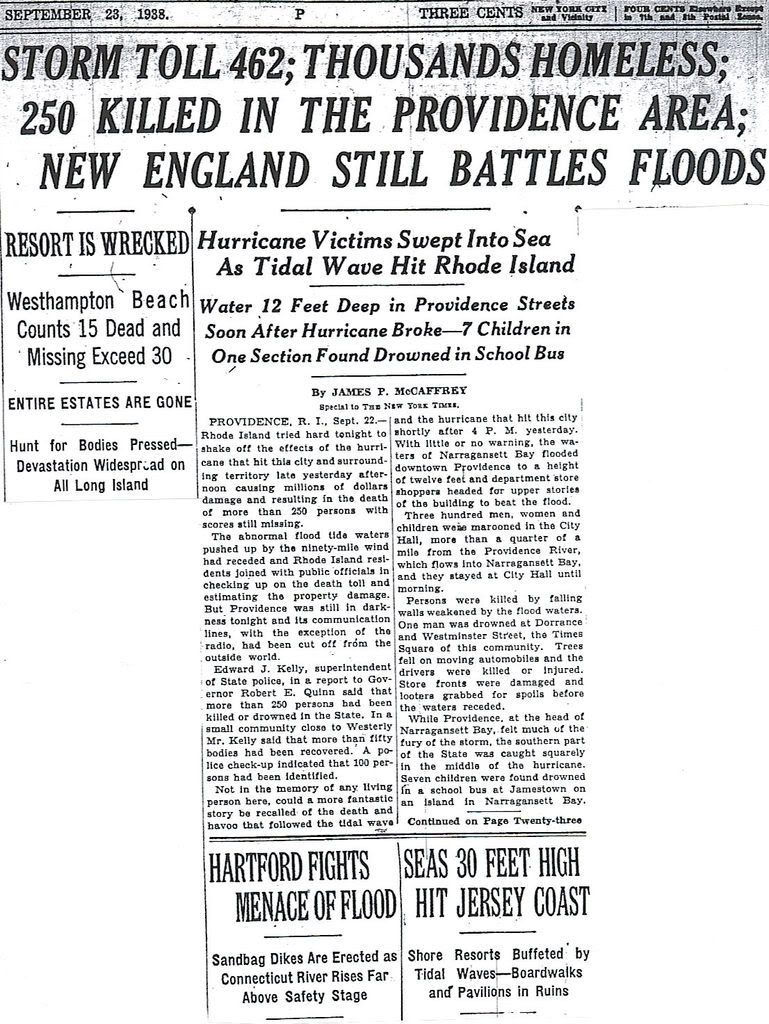
Posted on 09/23/2008 5:24:27 AM PDT by Homer_J_Simpson

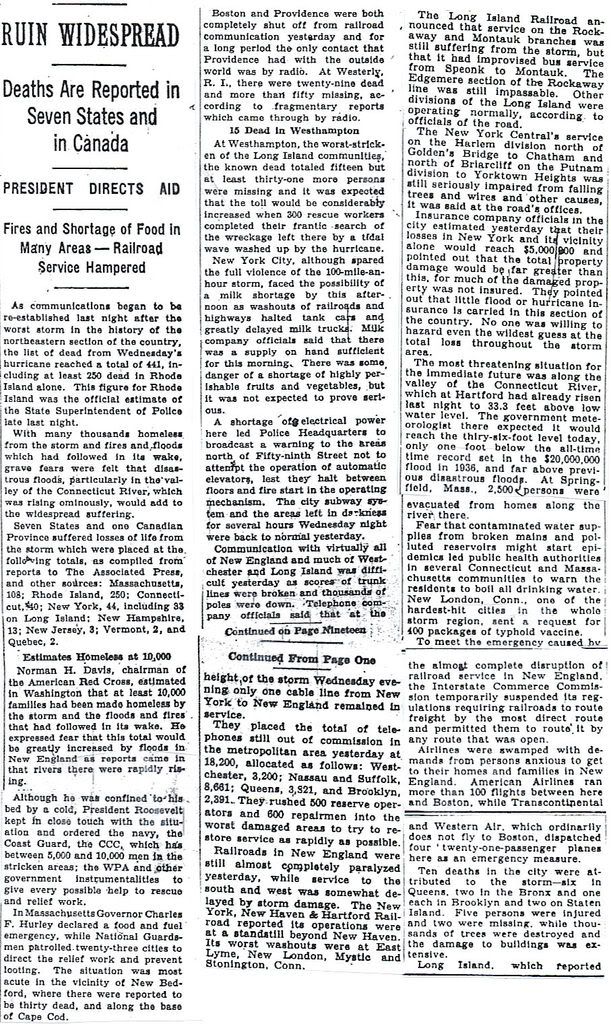
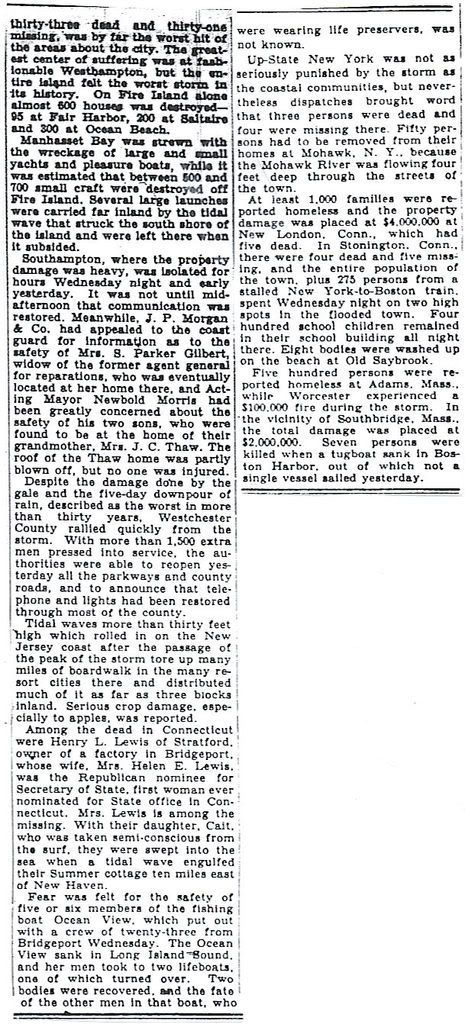
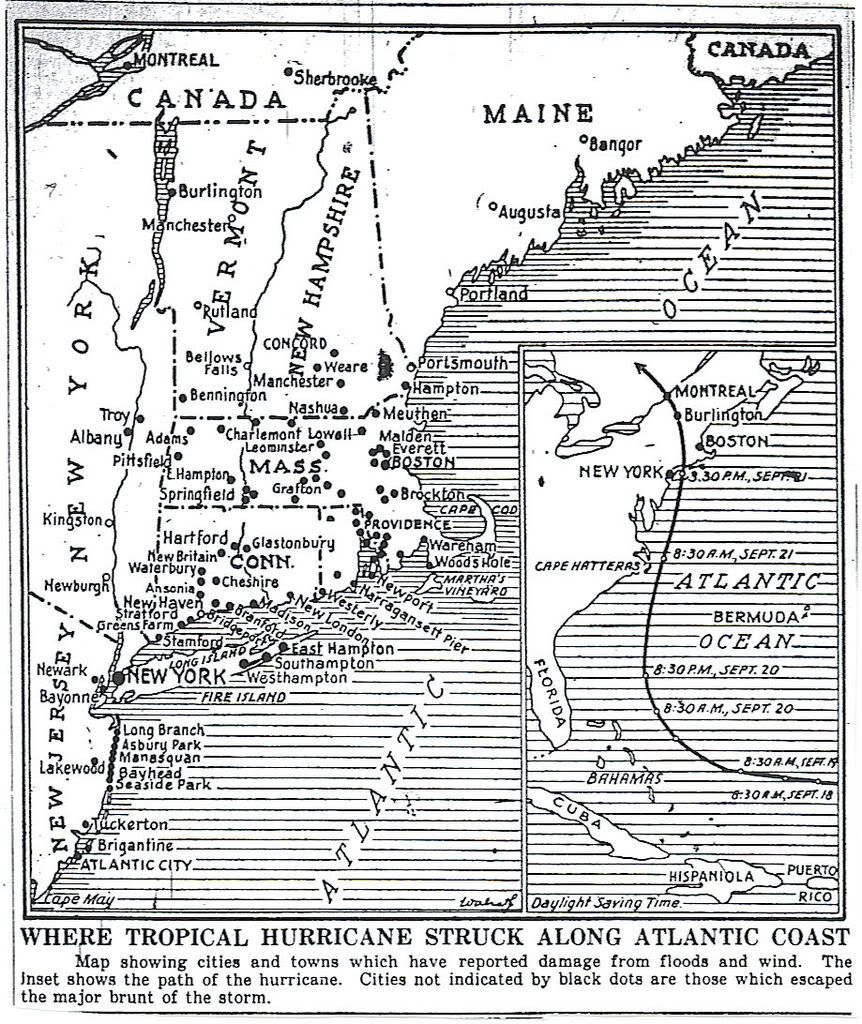
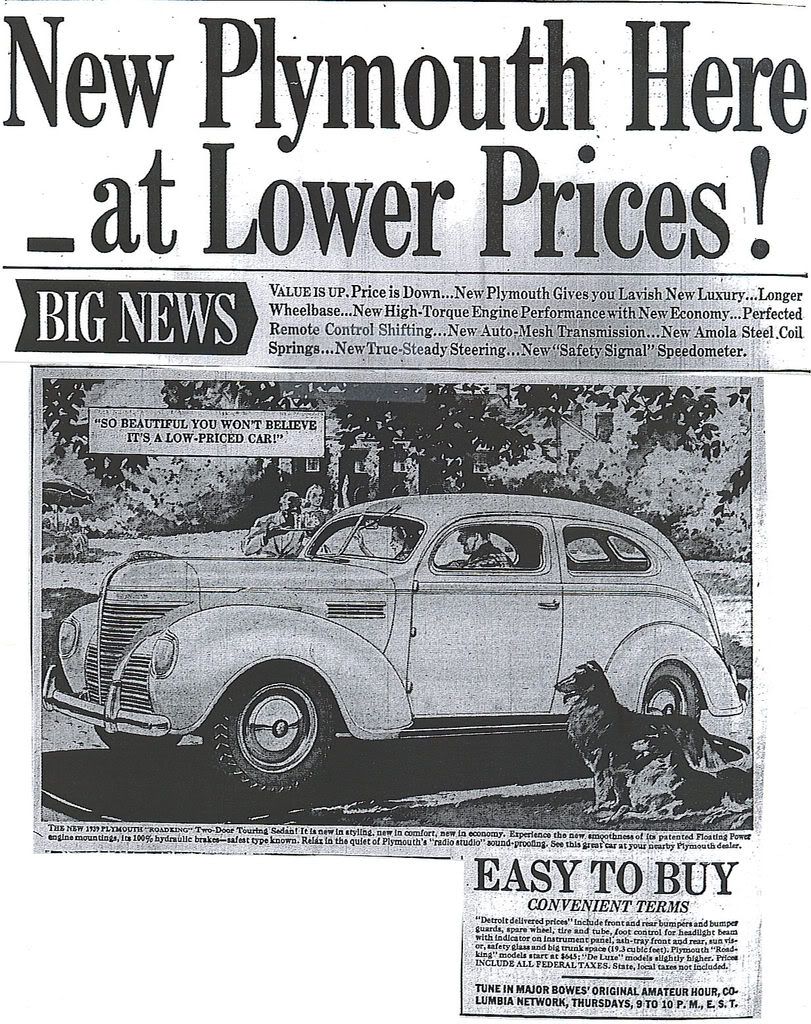
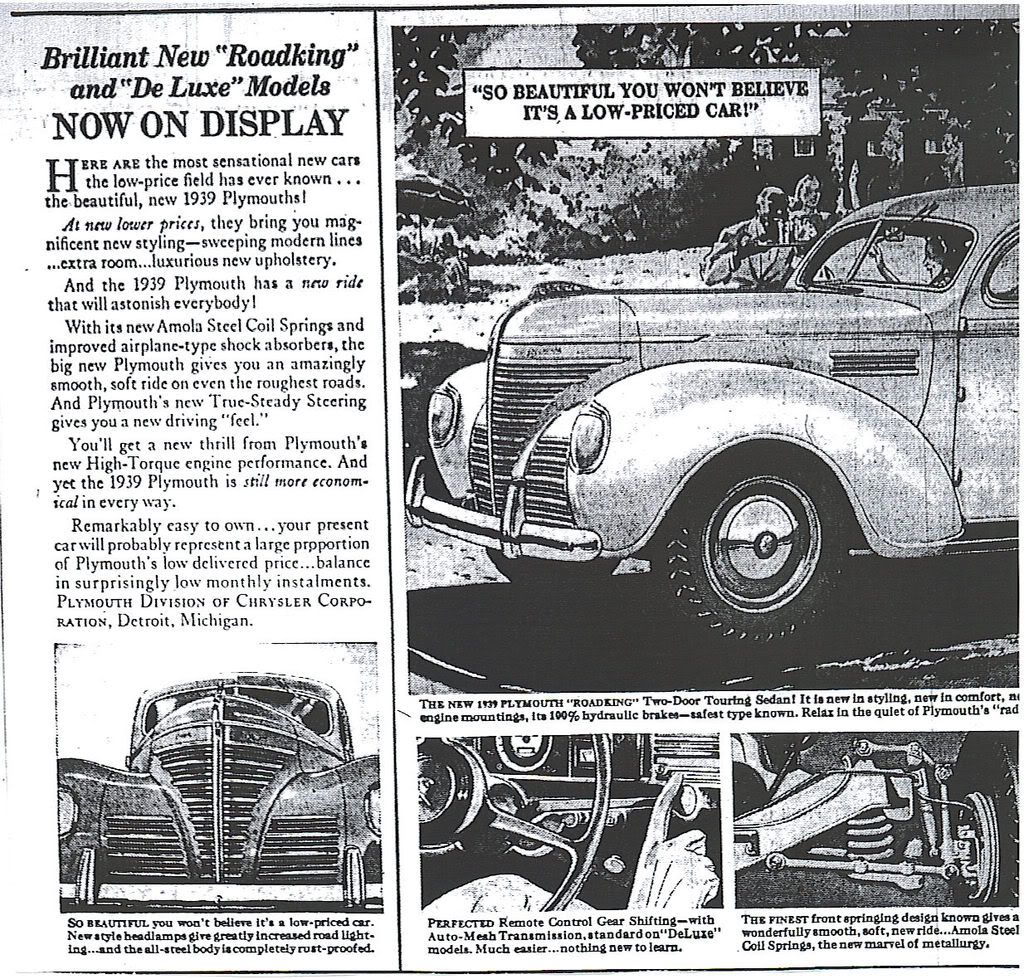
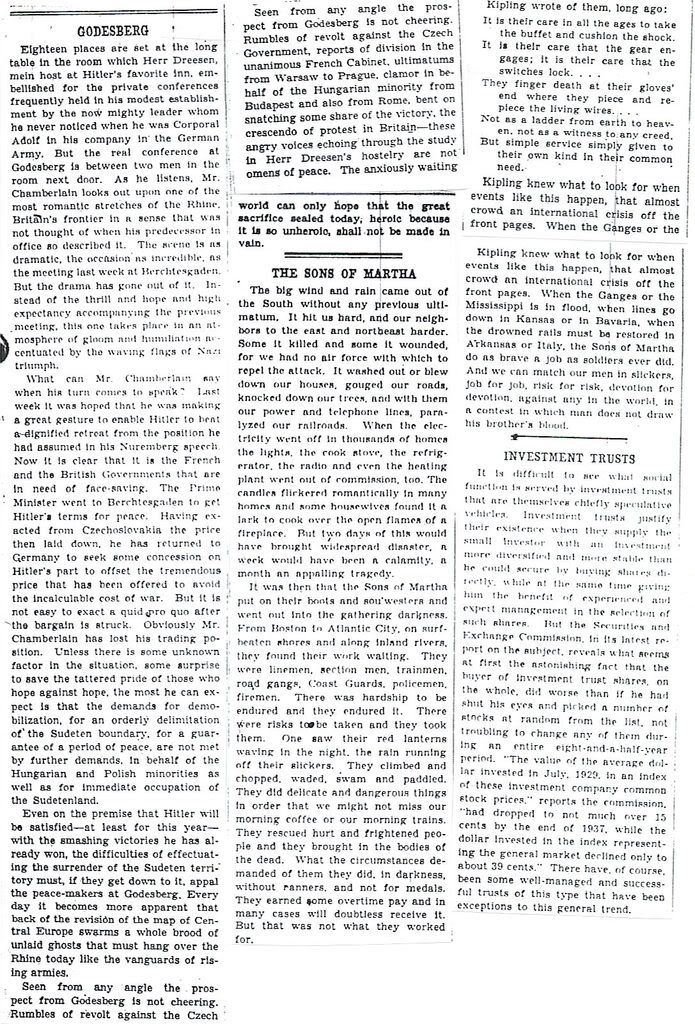
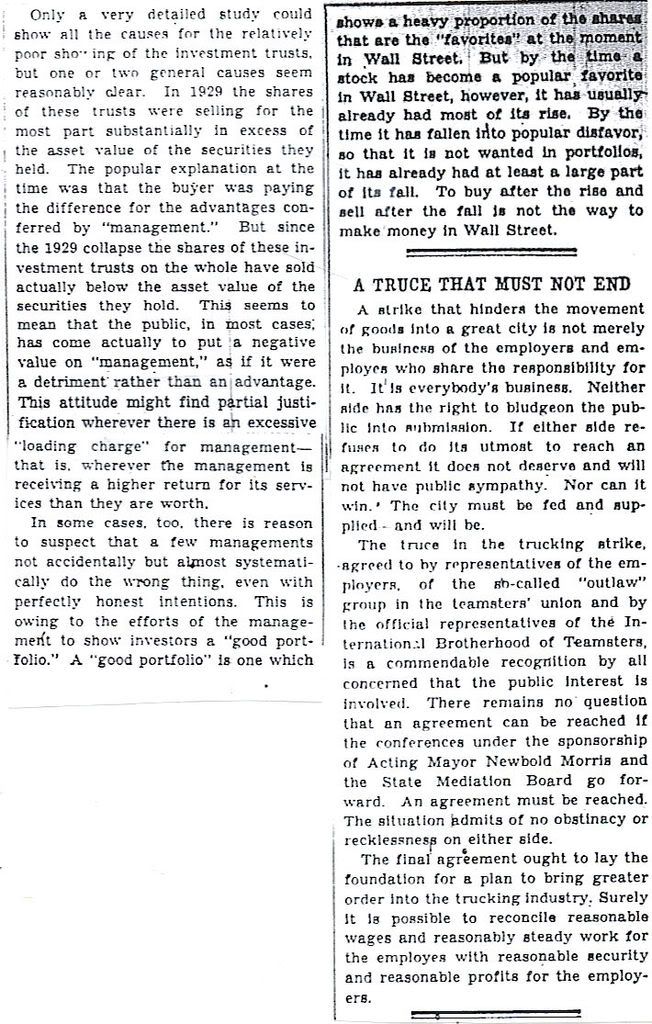
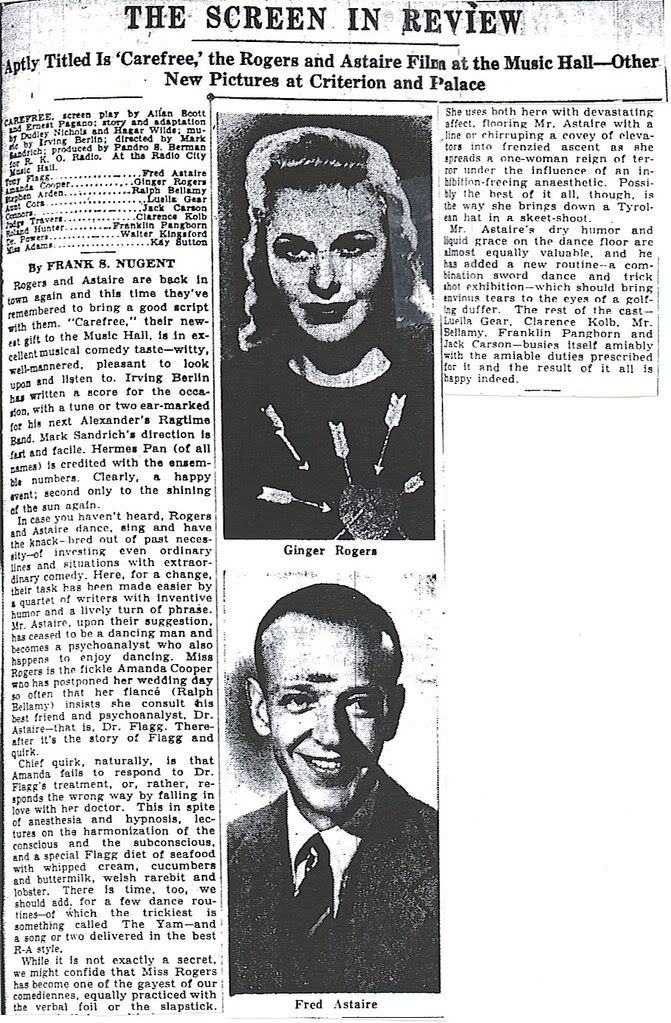
*The '39 Plymouths are unveiled in an advertisement.
*Read what the Times editorial board has to say about the meetings in Godesberg.
*Frank Nugent reviews the new Fred and Ginger vehicle - "Carefree."
There was no further contact between the two men on the evening of September 22. But after sleeping on the problem and spending the early morning pacing his balcony overlooking the Rhine, Chamberlain sat down following breakfast and wrote a letter to Hitler. He would submit the new German demands to the Czechs but he did not think they would be accepted. In fact, he had no doubt that the Czechs would forcibly resist an immediate occupation by German troops. But he was willing to suggest to Prague, since all parties had agreed on the transfer of the Sudeten area to Germany, that the Sudeten Germans themselves maintain law and order in their area until it was turned over to the Reich.
To such a compromise Hitler would not listen. After keeping the Prime Minister waiting throughout most of the day he finally replied by note with a bitter tirade, again rehearsing all the wrongs the Czechs had done to Germans, again refusing to modify his position and concluding that war "now appears to be the case." Chamberlain's answer was brief. He asked Hitler to put his new demands in writing, "together with a map," and undertook "as mediator" to send them to Prague. "I do not see that I can perform any further service here," he concluded. "I propose therefore to return to England."
Before doing so he came over once again to the Dreesen for a final meeting with Hitler which began at 10:30 on the evening of September 23. Hitler presented his demands in the form of a memorandum with an accompanying map. Chamberlain found himself confronted with a new time limit. The Czechs were to begin the evacuation of the ceded territory by 8 A.M. on September 26—two days hence—and complete it by September 28.
"But this is nothing less than an ultimatum!" Chamberlain exclaimed.
"Nothing of the sort," Hitler shot back. When Chamberlain retorted that the German word Diktat applied to it, Hitler answered, "It is not a Diktat at all. Look, the document is headed by the word 'Memorandum.' "
At this moment an adjutant brought in an urgent message for the Fuehrer. He glanced at it and tossed it to Schmidt, who was interpreting. "Read this to Mr. Chamberlain."
Schmidt did. "Benes has just announced over the radio a general mobilization in Czechoslovakia."
The room, Schmidt recalled afterward, was deadly still. Then Hitler spoke: "Now, of course, the whole affair is settled. The Czechs will not dream of ceding any territory to Germany."
Chamberlain, according to the Schmidt minutes, disagreed. In fact, there followed a furious argument.
The Czechs had mobilized first [said Hitler]. Chamberlain contradicted this. Germany had mobilized first . . . The Fuehrer denied that Germany had mobilized.
And so the talks continued into the early-morning hours. Finally, after Chamberlain had inquired whether the German memorandum "was really his last word" and Hitler had replied that it was indeed, the Prime Minister
answered that there was no point in continuing the conversations. He had done his utmost; his efforts had failed. He was going away with a heavy heart, for the hopes with which he had come to Germany were destroyed.
The German dictator did not want Chamberlain to get off the hook. He responded with a "concession."
"You are one of the few men for whom I have ever done such a thing," he said breezily. "I am prepared to set one single date for the Czech evacuation—October first—if that will facilitate your task." And so saying, he took a pencil and changed the dates himself. This, of course, was no concession at all. October 1 had been X Day all along.
But it seems to have impressed the Prime Minister. "He fully appreciated," Schmidt recorded him as saying, "the Fuehrer's consideration on the point." Nevertheless, he added, he was not in a position to accept or reject the proposals; he could only transmit them.
The ice, however, had been broken, and as the meeting broke up at 1:30 A.M. the two men seemed, despite all that had happened, to be closer together personally than at any time since they had first met. I myself, from a vantage point twenty-five feet away in the porter's booth, where I had set up a temporary broadcasting studio, watched them say their farewells near the door of the hotel. I was struck by their cordiality to each other. Schmidt took down the words which I could not hear.
Chamberlain bid a hearty farewell to the Fuehrer. He said he had the feeling that a relationship of confidence had grown up between himself and the Fuehrer as a result of the conversations of the last few days . . . He did not cease to hope that the present difficult crisis would be overcome, and then he would be glad to discuss other problems still outstanding with the Fuehrer in the same spirit. The Fuehrer thanked Chamberlain for his words and told him that he had similar hopes. As he had already stated several times, the Czech problem was the last territorial demand which he had to make in Europe.
This renunciation of further land grabs seems to have impressed the departing Prime Minister too, for in his subsequent report to the House of Commons he stressed that Hitler had made it "with great earnestness."
When Chamberlain arrived at his hotel toward 2 A.M. he was asked by a journalist, "Is the position hopeless, sir?"
"I would not like to say that," the Prime Minister answered. "It is up to the Czechs now."
It did not occur to him, it is evident, that it was up to the Germans, with their outrageous demands, too.
William L. Shirer, The Rise and Fall of the Third Reich, Pg. 393-396
Lol. That's funny. It's not an ultimatum if it's written on my memo paper.
Lol. That's funny. It's not an ultimatum if it's written on my memo paper.
At that point, Chamberlain should have realized that Hitler was not remotely serious about 'peace', however one defines it. Had he had any sense, Chamberlain would have left right then, flown home, and begun mobilization ... or at least serious preparations for the war that was obviously coming.
I think at that point he should have left and flown directly to Paris. If he could have convinced the French to begin mobilizing then the Russians would likely have fullfilled their end of the treaty with the Czech’s which was condintional on French involvement. Hitler could not have withstood moving against the Czechs at that point if the French were going to start pooring into Germany on the Western Frontier and would have had to back down.
But hindsight is 20/20. That aside I can’t believe how blind Chamberlain was to cling so desperately to his appeasement policy by this point.

| Facts of the 1938 Hurricane (Francis, 1998) |
|

12 new inlets were created by the tremendous storm surge. Moriches Inlet, created by a winter storm in 1931, was widened substantially and Shinnecock Inlet was born. The creation of this inlet is affecting coastal Long Island still today. All other inlets were filled in with the wreckage of the storm, especially the automobiles, as well as with tons of sand brought in by the United States Army Corps of Engineers and the Works Progress Administration (WPA).
According to the United States Landfalling Hurricane Probability Project:
90% probability that NY City/Long Island will be hit with a major hurricane (category 3 or more) in the next 50 years.
A storm surge prediction program used by forecasters called SLOSH (Sea, Lake, and Overland Surge from Hurricanes) has predicted that in a category 4 hurricane, John F. Kennedy International Airport would be under 20 feet of water and sea water would pour through the Holland and Brooklyn-Battery tunnels and into the city's subways throughout lower Manhattan. The report did not estimate casualties, but did state that storms "that would present low to moderate hazards in other regions of the country could result in heavy loss of life" in the New York City area (Time, 1998).
By comparison to today, Long Island was sparsely populated back in the 1930's. Where once there were potato farms, there now stand multi-million dollar homes. For a comprehensive study on the impact of a CAT3 hurricane on LI, go here.
Would be 15% if Al Gore had won in 2000.
New York is where I’d rather stay
I get allergic smelling hay ...
A possible defense of Chamberlain remembers that, at the time, it was not yet 100% clear which was the greater threat -- Hitler's Nazi Germany or Stalin's Soviet Russia. Even Churchill seemed occasionally of two minds on this.
At the time, many were happy to contemplate the idea that Hitler might invade Russia and destroy the Communist infection there.
Indeed, even today, people like Pat Buchanan argue the only real problem with Chamberlain's appeasement policy, was that he dropped it after Czechoslovakia, and issued a war guarantee to Poland. Buchanan says Europe would have been better off to give Hitler everything he wanted!
But it never happened that way, because after Munich, Chamberlain felt betrayed and humiliated by Hitler, and so took Churchill's advice not to let it happen again.
If you want the root cause at the core of the whole appeasement idea, I think it would go something like this: it's impossible to take a modern democratic country into a full scale war without ALL of its citizens support. And to get that support, the leaders must first demonstrate, they have walked the extra mile to settle things peacefully. That's what Chamberlain was up to, and not until after Munich did it begin to seem clear that his efforts must fail.
Sorry, my mistake. Buchanan does not say it, exactly. Imho he implies it, while at the same time insisting Hitler's actual aims were quite limited, and could have been achieved without war, except for clumsy British (especially Churchill's) diplomacy.
So, to Buchanan, the real villain of the story is not Hitler or Chamberlain, it's Churchill.
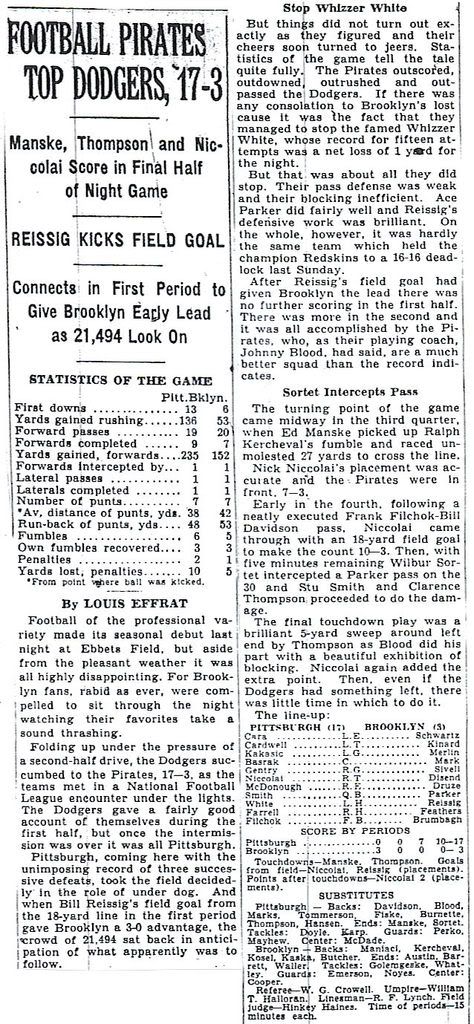
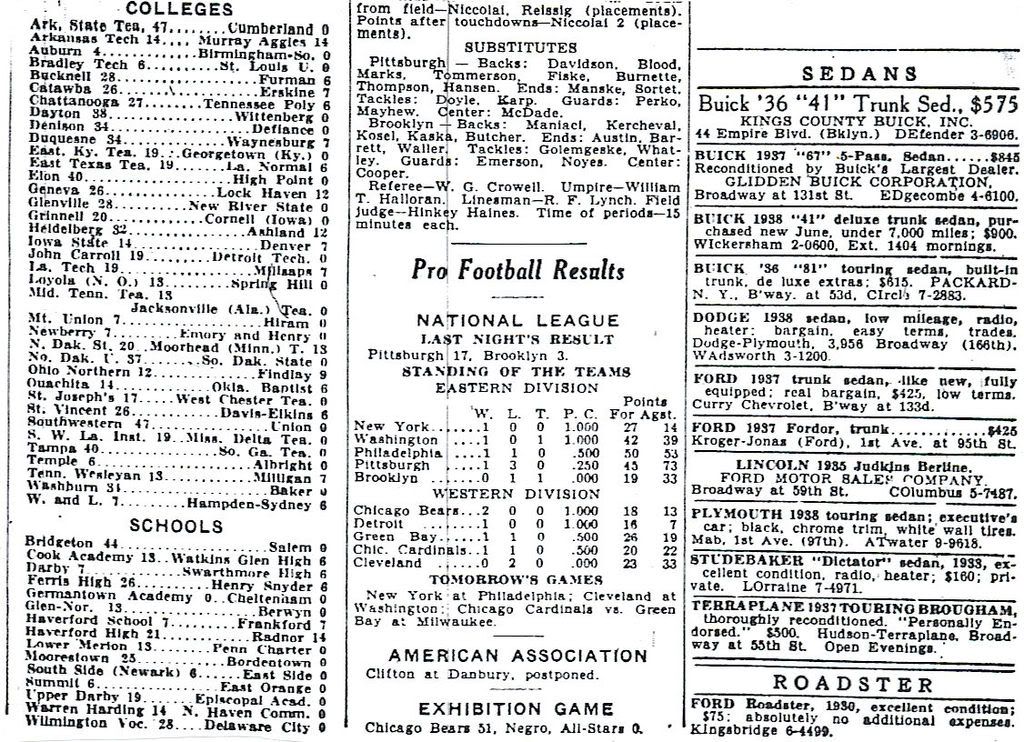
[N]o sooner had the Prime Minister returned to London on September 24 than he attempted to do the very thing he had informed Hitler he would not do: persuade the British cabinet to accept the new Nazi demands. But now he ran into unexpected opposition. Duff Cooper, the First Lord of the Admiralty, firmly opposed him. Surprisingly, so did Lord Halifax, though very reluctantly. Chamberlain could not carry his cabinet. Nor could he persuade the French government, which on the twenty-fourth rejected the Godesberg memorandum and on the same day ordered a partial mobilization.
On the departure of Chamberlain from the Dreesen in the early-morning hours of September 24, the Germans had been plunged into gloom. Now that war seemed to face them, some of them, at least, did not like it. I lingered in the hotel lobby for some time over a late supper. Goering, Goebbels, Ribbentrop, General Keitel and lesser men stood around earnestly talking. They seemed dazed at the prospect of war. In Berlin later that day I found hopes reviving. In the Wilhelmstrasse the feeling was that since Chamberlain, with all the authority of the British Prime Minister, had agreed to present Hitler's new demands to Prague, it must be assumed that the British leader supported Hitler's proposals. As we have seen, the assumption was quite correct—so far as it went.
William L. Shirer, The Rise and Fall of the Third Reich, Pg. 396
The NFL standings don’t make sense. Some teams have played four games and others only one. What kind of crazy schedule is that?
The whole point of Homer’s postings are to show how things were different 70 years ago, and yet some things don’t change.
Can’t you see President 0bama selling the a deal w/Iran that calls for the extinction of Israel by having bought the same logic? I can.
I know ... I've thanked Homer several times for precisely that.
Can’t you see President 0bama selling the a deal w/Iran that calls for the extinction of Israel by having bought the same logic? I can.
Yes, indeed.
By contrast, George W. Bush had his "Chamberlain moment" back in 2002-2003; he was faced with essentially the same choice that Chamberlain had. In Bush's case, it was the Iraq war. Like Chamberlain, he had to consider whether or not to initiate military action against a nation which posed only a somewhat vague current threat, in order to deal early with an obviously looming threat that would eventually lead to a much more serious war.
Chamblerain blanched, and the Nazis saw that they had a green light. Bush did not blanch, and by placing our forces in the most strategically favorable spot in the entire Middle East, he completely disrupted the strategy and advance of militant Islam in the Middle East.
I think that history will reward Bush's hard decision; to the same extent that it condemns Chamberlain's cowardice.
Bump.
Disclaimer: Opinions posted on Free Republic are those of the individual posters and do not necessarily represent the opinion of Free Republic or its management. All materials posted herein are protected by copyright law and the exemption for fair use of copyrighted works.